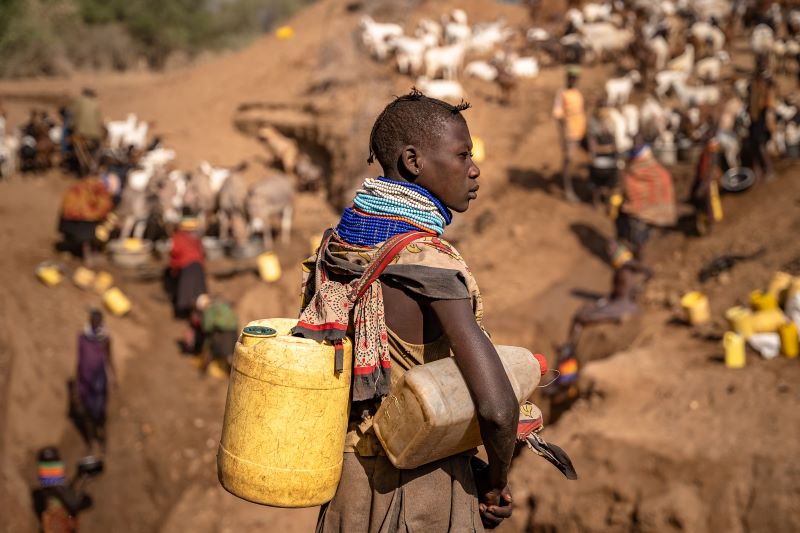Comment: The UNFCCC has said it will not hold regional climate weeks in 2024 due to a funding shortfall – which means less inclusion for developing-country voices
If the world’s most vulnerable are not at the table, then UN climate talks are no longer fit for purpose.
This week, the UN climate change body (UNFCCC) confirmed that this year’s Regional Climate Weeks will be cancelled until further notice due to lack of funding.
The update comes shortly after UNFCCC chief Simon Stiell made an urgent plea at the Copenhagen Climate Ministerial last week to plug the body’s funding gap, stating that it is facing “severe financial challenges” – putting a rising workload at risk due to “governments’ failure to provide enough money”.
The suspension of the Regional Climate Weeks is hugely disappointing news.
It means that a vital platform to express the concerns of people and communities most affected by climate change has been taken away.
UN’s climate body faces “severe financial challenges” which put work at risk
The climate weeks are a vital opportunity to bring a stronger regional voice – those who are footing the bill in developing countries for a crisis they have done the least to cause – to the international table in the lead-up to the UN COP climate summits.
Last year we saw four regional climate weeks: Africa Climate Week in Nairobi, Kenya; Middle East and North Africa Climate Week in Riyadh, Saudi Arabia; Latin America and the Caribbean Climate Week in Panama City, Panama; and Asia-Pacific Climate Week in Johor Bahru, Malaysia.
These attracted 26,000 participants in 900 sessions and brought together policymakers, scientists and other experts from the multiple regions, with fundamental contributions feeding into the COP28 agenda.
At Africa Climate Summit alone, over 20 commitments were made by African heads of state – commitments and announcements that equated to a combined investment of nearly $26 billion from public, private sector and multilateral development banks, philanthropic foundations and other financing partners.
This is the right way forward because, while extreme weather events affect all of us, we know their impacts are not felt equally.
Shrinking water access
Extremes of both drought and floods are threatening people’s access to the three essentials they need to survive – clean water, decent toilets and good hygiene – as boreholes run dry, floods wash away latrines, and supplies are contaminated by silt and debris.
Around the world, ordinary people – farmers, community leaders, family members – are doing everything they can to adapt to the realities of life on the frontlines of climate change.
They’re working together to monitor water reserve
Read More

